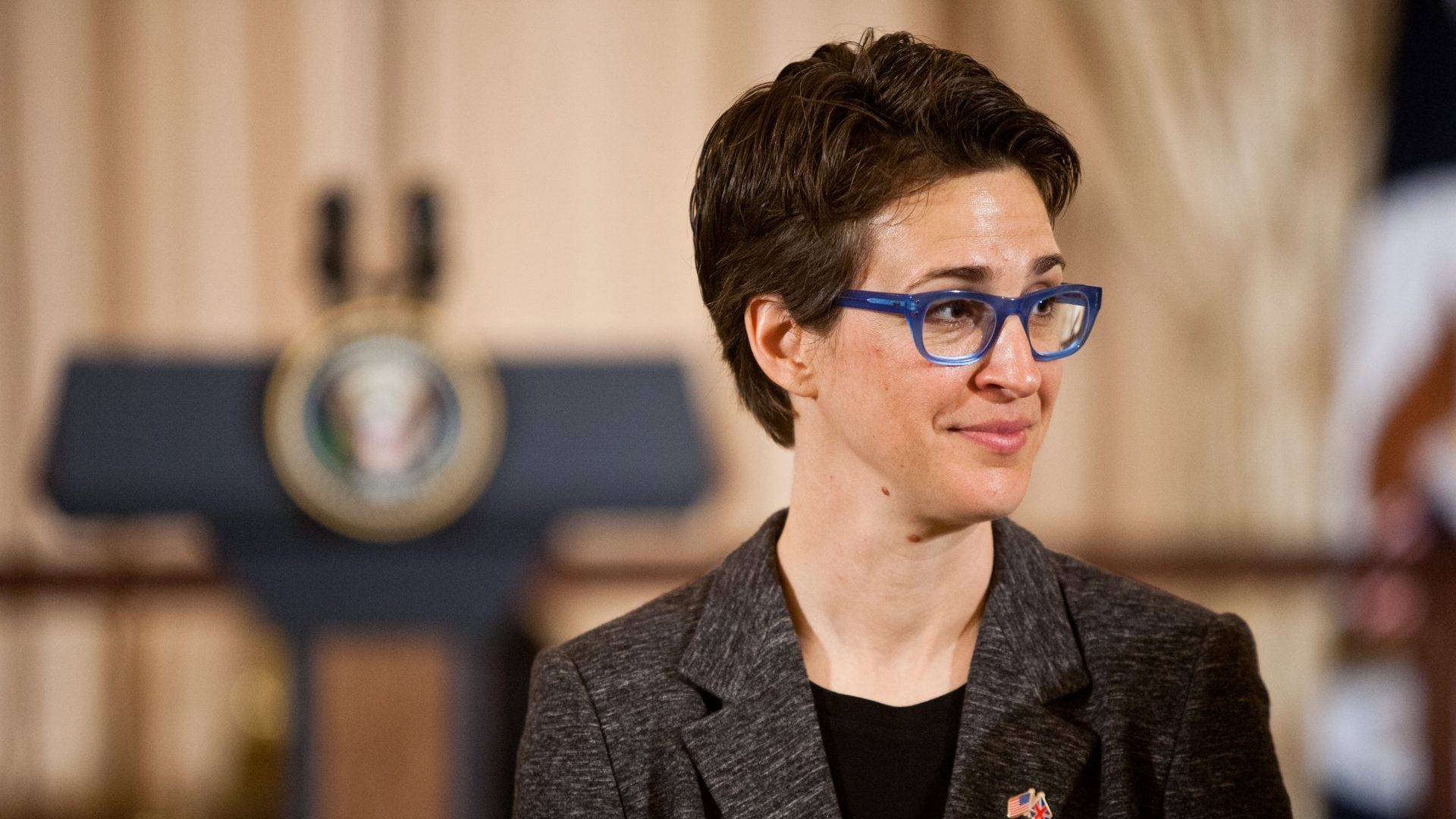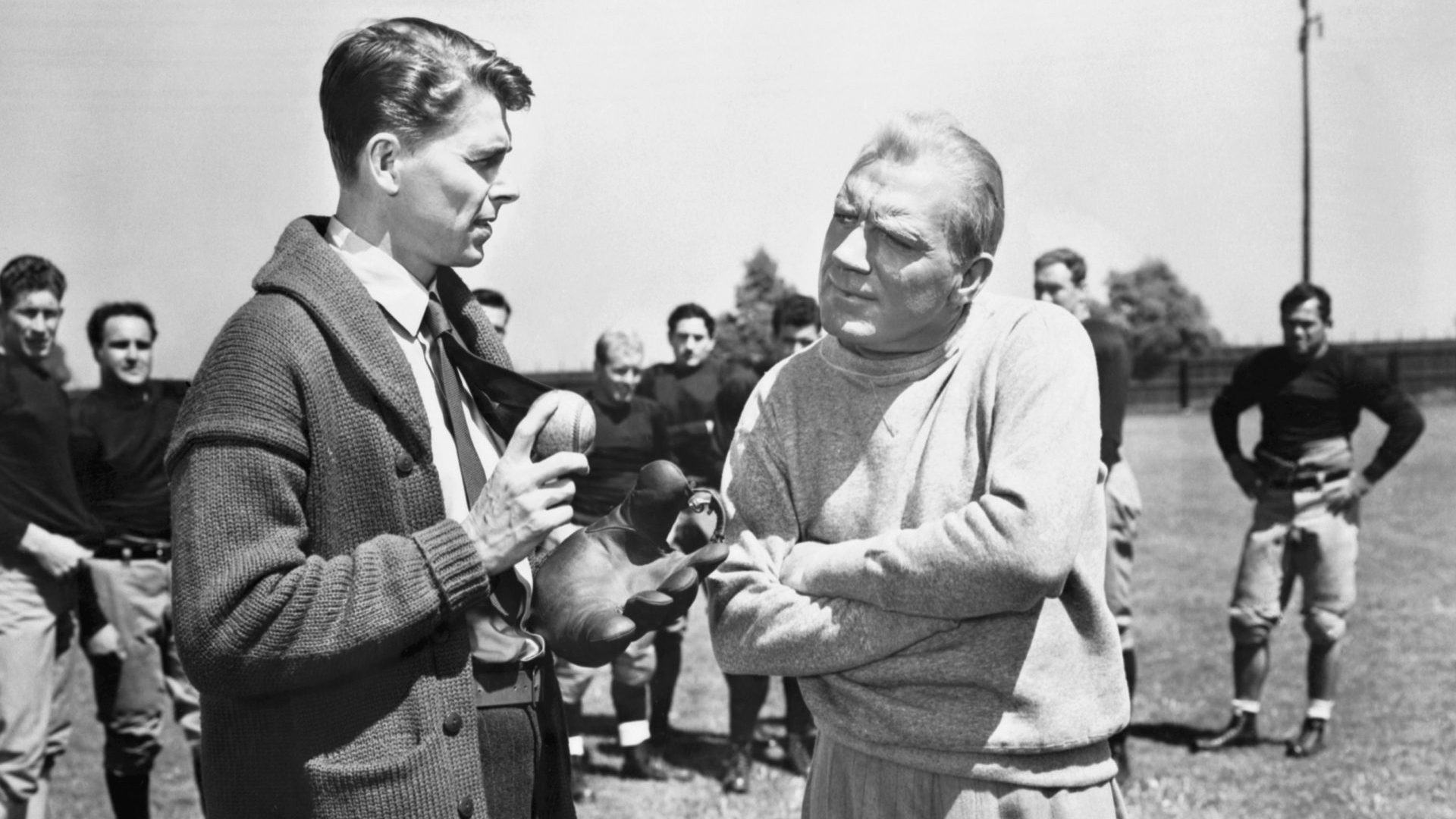PICK OF THE WEEK
PREQUEL: AN AMERICAN FIGHT AGAINST FASCISM by Rachel Maddow
Torva
A not-especially-good writer who idolised Oscar Wilde and accidentally invented the gay vampire fiction genre, George Sylvester Viereck was not especially good at being a German agent, either. As Rachel Maddow reveals in Prequel, her exciting history of US fascism in the first half of the 20th century, this migrant from Munich to Manhattan raised eyebrows and the interest of law enforcement by inviting a dignitary from the fatherland to New York in 1915. It was weeks after a U-boat had sunk the Lusitania on its way from the Big Apple, killing 124 Americans.
His guest in tow, Viereck then “managed to leave behind a briefcase full of secret documents on the Sixth Avenue elevated train. The satchel was quickly grabbed by a federal agent who had been tailing them.” Its contents not only included detailed plans for German sabotage on US soil, but also a long list of American citizens in the pay of Germany, Viereck among them.
Neither was Viereck an especially good judge of character. Having hit on the notion of a book of interviews with significant men and chalked off the likes of Albert Einstein, George Bernard Shaw and Nicola Tesla, he was told by interviewee Sigmund Freud that his central idea was rooted in a father complex – “you are seeking the great man to take the place of the father.” Viereck ultimately selected for that role a man interviewed in 1923 and described as a “human explosive”: Adolf Hitler.
Viereck is only one of the grotesques in what from its title down sets its stall out as a timely work by Maddow, a host on the MSNBC network noted for her fact-checking of Donald Trump. We are invited to view its roll call of crazed far right businessmen, seditious politicians, rabid radio hosts and double-tongued propagandists for foreign powers and to observe that the same things are playing out again on our own timeline.
Maddow does not do subtle, and her audience loves her for it; released in the USA late last year, Prequel won rapturous reviews from left-leaning newspapers and became a bestseller.
Much of its success is deserved; though these stories have been told many times before, including on Maddow’s podcast Ultra, it can rarely have been in such an entertaining fashion. Some, though, will baulk at the occasional modernspeak which sits uncomfortably among contemporary quotes and historical data, and sees Louisiana governor Huey Long deliver “a big F-U to FDR”, while Maddow later wonders if antisemite Lawrence Dennis might today “be a real star on Substack”. Her book thus sometimes resembles the jaunty pop-history books on the killings of JFK and Lincoln written by Maddow’s political polar opposite, now-disgraced Fox News host Bill O’Reilly.
No doubt she would be appalled by this comparison; what really is appalling in Prequel though is the way that many of the major players end up getting away with it virtually scot-free. As legal cases against Donald Trump are frustrated by Republican jurists, you might think this another preview from history; it’s also likely that however vile the people Maddow writes about here, they escaped long jail terms or even execution because their views were decidedly not in the mainstream, they were isolated and disorganised and their numbers were limited. This simultaneously weakens Maddow’s book but makes its not-very-coded message about Trump and his widespread MAGA cult all the more terrifying.
Steve Anglesey
THEATRE
DEATH OF ENGLAND
Soho Place
This week’s opening night of Closing Time, the third part of a provocative and compelling trilogy of works by Clint Dyer and Roy Williams, offers theatregoers the chance to see all three Death of England plays in repertory up until September 28. Take them up on the offer if you can: this is cutting-edge theatre.
Laurence Olivier used to say theatre should be about putting up a mirror to society. Recent events add extra weight to these pieces, the first two of which feature a white man played by Thomas Coombes, coming to terms with the death of his racist father; and Paapa Essiedu as a black man unfairly arrested on the night his partner gives birth.
The performances are of mesmerising intensity and the writing is searingly honest. Dyer and Williams are angry young men of colour who get that there is right and there is wrong. They look with burning rage at what has happened to the country we all share, but also have a shrewd and startlingly mature insight into the human condition.
It turns out that the racist dad Coombes is grieving had recognised the emptiness of his life and wanted his son to make something of his life rather than being consumed with the hatred that ruined his own. Essiedu’s character voted for Brexit and Boris Johnson (twice) but now understands only too well that, like drugs or alcohol, these were a quick fix that could only ever make existing problems worse still. Part of the message is that understanding each other, in particular those we may despise, is the only way we are even going to be able to heal as a country.
Closing Time, starring Erin Doherty and Sharon Duncan-Brewster, is now the subject of great anticipation. At the end of the first two, I felt that rare thing – a sense of community with a large number of people and a shared sense that we have to try to make this country a better place.
Tim Walker
STREAMING
DAUGHTERS
Netflix
When we first meet five-year-old Aubrey, she’s showing off her maths skills. First, she counts her five pet fish and then, she counts out the years left on her father’s prison sentence. “First, it was nine years, then the police took away two and then it was seven.” Legs swinging over the side of the bed, she tells her mother how much she misses him.
The new breathtaking Netflix documentary, Daughters, directed by Angela Patton and Natalie Rae, sees four young girls: Aubrey, 10-year-old Santana, 11-year-old Ja’Ana, and 15-year-old Raziah, prepare for the father-daughter dance that took place at a Washington, DC prison in 2019. The dance, part of a program spearheaded by Patton, sought to allow the fathers to reconnect with fatherhood. It has now been running in the US for more than 12 years, and out of all the fathers who have taken part, 95% have never returned to prison.
“Because a father is locked in does not mean he should be locked out of his daughter’s life,” Patton says in a viral TED talk. Her film feels like a companion piece to Ava DuVernay’s 13th (2016), which explores mass incarceration in the US and how it disproportionately affects Black and Brown communities.
The documentary’s eight-year span offers a privileged stay in the daughters’ and fathers’ lives. Talkative Aubrey can’t wait to recite her times tables and Santana, wise beyond her years, chides her father on how his incarceration is affecting her. Ja’Ana, meanwhile, has never visited her father in jail and Raziah is fighting personal demons. For most of the fathers and daughters, the dances will be their sole opportunity for a physical meeting behind bars.
It is not easy-watching. A Collider review claimed that “this film will crack your heart wide open” and it will. But in some parts, it may slowly piece it back together, too.
Eleanor Longman-Rood



